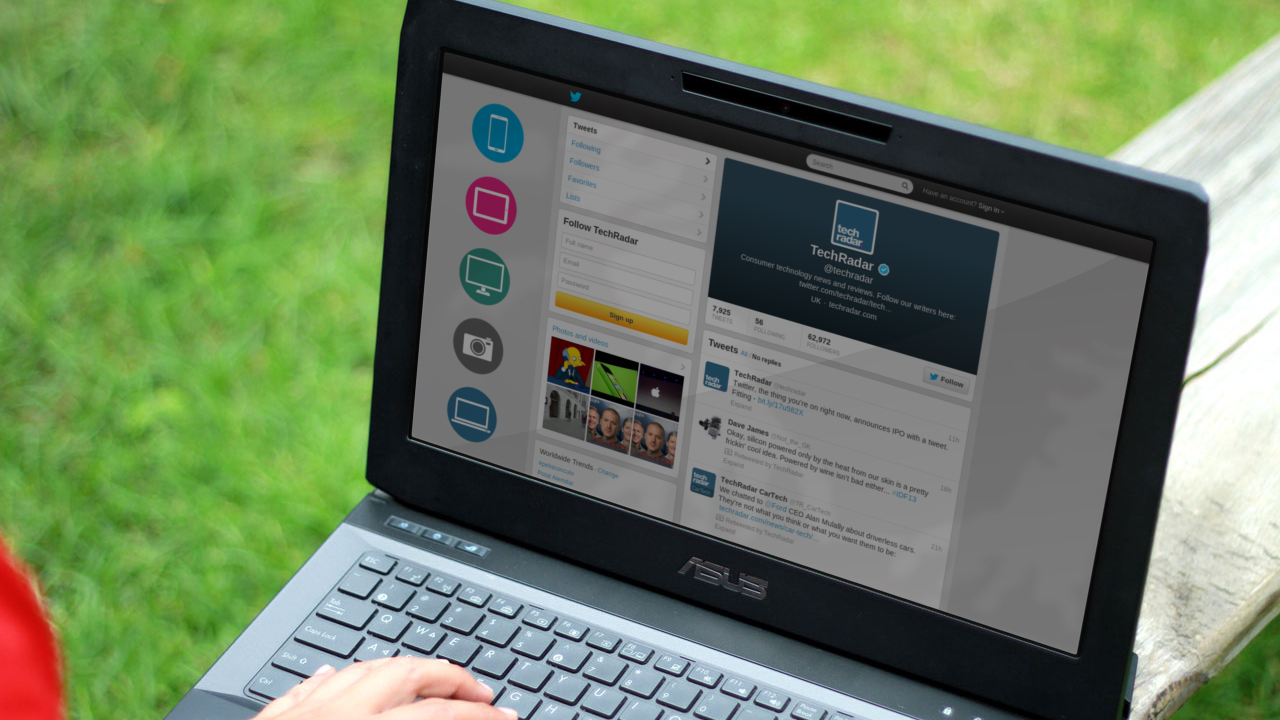How to measure the effectiveness of social networks
Quantifying the impact of a tweet and a like

Note: Our measuring the effectiveness of social networks feature has been fully updated. This article was first published in October 2012.
For businesses social networks have become a highly lucrative space that they can use to sell products or services. Social media is also able to make close personal connections with customers, who can go on to become extremely vocal brand advocates.
Gone are the days where measuring these networks was simply a matter of counting how many likes your enterprise has on Facebook. These days, every aspect of the interactions that happen across the social media space can be measured.
Vision Critical says: "Companies that turn to social media analytics as a marketing tool get valuable data to support their online campaigns. Social media analytics help brands measure the virality of specific messages and assets.
"They help marketing teams track the growth of their online audience and notice when that growth stalls. Social media analytics also help brands identify and leverage the influencers who can build and extend the brand."
Metric matters
The metrics that your business uses to measure its social media activity need to be carefully assessed. As a business owner you understand what ROI (Return on Investment) means and have KPIs (Key Performance Indicators) to measure other areas of your business, and these days, a set of metrics that help you analyse social media are just as important.
Altimeter's Framework for Social Analytics stated: "ROI is just one metric in the social business toolkit. Rather than focusing on social media as a monolithic entity, businesses should evaluate it based on its contribution to a range of business goals."
Are you a pro? Subscribe to our newsletter
Sign up to the TechRadar Pro newsletter to get all the top news, opinion, features and guidance your business needs to succeed!

With social media a new set of measures are needed:
Engagement: This metric is the easiest to track and assess. The number of likes, shares and mentions your content gets can be tracked.
Acquisition: Much of the social media activity your business will develop aims to attract new customers. Google Analytics for instance is an excellent tool that can show you how much traffic your organisation's website is receiving from its social media presence.
Sentiment: The positive or negative comments being posted about your business are an essential metric to track, as this data shows you the level and quality of brand awareness your social media activity is attracting.
Influence: Social media above all other environments is driven by influencers. Those individuals with masses of followers across all the major social media networks need to be coveted by your business. Track these people and their posts to gain insight into your business and its sector.
Service: Social media has become the new channel for customer services. Today your customers would rather send a tweet than call or email your business. Tracking customer services activity is vital to gain strong insight into how your business is perceived by its customers.
Reach: The definition of reach is the maximum number of people that could have been exposed to the content you have placed on your social networks. Reach is important, as it places your metric within the context of a group of potential customers and it shows the impact of your tweet, video or Facebook post.
Brandwatch concludes: "Analysing the relationship between volume of mentions, web traffic, social media referrals, conversion rates and so on with sales figures, average transaction value, client churn and other more traditional business KPIs will enable you to place an actual value on your social initiatives."